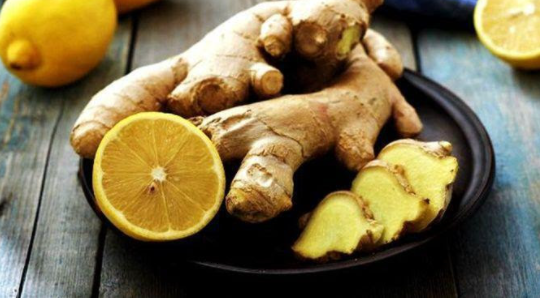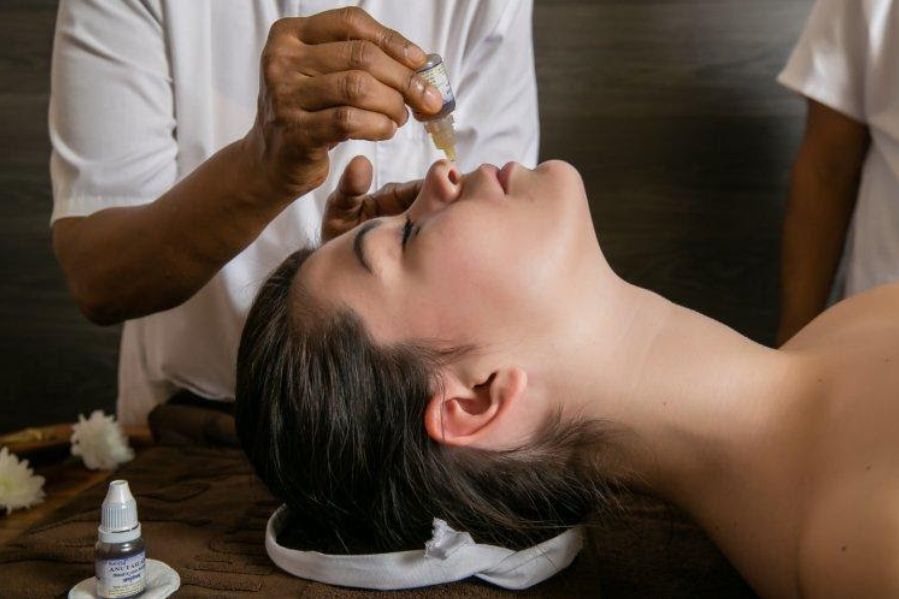Quite a few people who think they have a healthy and resilient psyche against the vicissitudes of life, at the same time are afraid of something seemingly safe They are afraid to fly. It's actually a mental condition that's not to be neglected – fear of flying or aerophobia.
What is aerophobia?
People who suffer from this type of phobia start to feel anxious a month before the flight and find many reasons to cancel it. And if they do get on a plane, during the flight they are practically losing their temper and preparing for the worst.
Statistics show that between 15 and 20% of the population suffers from aerophobia. It is estimated that adults over 25 years are more prone to aerophobia. they are a little more afraid of flying and their share of men is approximately 55% to 45%.
Aerophobia is just one of the many phobias that can torment the human individual.
In addition, other common types of phobias are:
- Arachnophobia – Fear of spiders
- Pantophobia – Fear of everything
- Acrophobia – Fear of heights
- Pteromerhanophobia – Fear of flying
- Entomophobia – Fear of certain animals or insects
- Claustrophobia – fear of enclosed spaces such as elevators, small rooms and other enclosed spaces
- Misophobia – Fear of germs (also rightly called germophobia or bacteriophobia)
- Astrophobia – Fear of weather conditions such as thunder and lightning
- Trypanophobia – Fear of needles
- Gephyrophobia – fear of crossing bridges
- Anthropophobia – Fear of people
- Autophobia – Fear of abandonment and abandonment by someone
- Hemophobia – fear of blood
- Dentophobia – Fear of dental treatment
The irrational fear that burdens the human psyche is known as a phobia. It is often found that the cause of these fears is caused by childhood trauma or genetic deformity. Problems a person experiences due to phobia include shortness of breath, anxiety, palpitations, and an inability to sleep or concentrate.
Massage with warm oil and tea made with Ayurvedic herbs can provide significant relief of these symptoms. In order to cure Vata dosha associated with phobia, it is important one should refrain from any fried foods that could aggravate the problem.
What does Ayurveda say?
The human mind does not always follow a logical pattern. Our brains are the product of millennial evolution, work, and are strongly influenced by environmental factors as well as genetic factors.
Many of us have a very strange kind of fear in our minds that can even disrupt the course of our lives. Sometimes these fears are completely irrational, which is why we call them phobias.
Modern psychoanalysts believe that phobias are caused by different types of conflicts in the mind. Sometimes there is a conflict between a person's desire and his own mental fears, which leads to the development of phobias. Often one does not realize this problem, which later manifests itself as a phobia.
Ayurveda tries to explain the problems related to human health with the predominance of one of the three doshas that dominates its constitution. Mental health problems are associated with the dominant cotton dosha in the human body.
Therefore, in the Ayurvedic treatment of various types of phobias, experts emphasize the eradication of the problems of vata dosha and try to increase sattva guna , which is believed to provide balance in a person's body and mind.
Sattva guna helps a person to achieve self-realization and self-control by changing a person's lifestyle and eating habits.
In particular, if you suffer from aerophobia , the best thing to do is to follow a lifestyle that reduces your Vata before, during and immediately after travel.
Usually the way we reduce Vata is through three therapies:
- Abhyanga – daily application of oil on the body, followed by a hot shower – can be done once or twice a day day.
- Snehana Nasya – daily application of oil in the nose – 1 or 2 drops of oil or melted oil in each nostril – do together with Abhyanga.
- Nadishodhana – Alternate breathing with your nostrils for 5 to 10 minutes once or twice a day.
The above is the basic methodology for controlling Vata. It is Vata Dosha that causes fear phobias and also causes jet lag symptoms. Eating healthy food at regular hours, getting enough sleep and avoiding alcohol while traveling helps keep Vata in normal levels.
Once you arrive at your destination, it is best to adapt to the new day and night cycle as soon as possible. The hormones that control our body are under the power of Vata – doing Nadisodhana helps Vata to Better regulates the hormones that control sleep.
Remember to do breathing exercises for no more than 10 minutes. when you want to control Vata. Longer periods of pranayama tend to increase Vata.
What you need to know about herbal medicine?
The best herb that controls Vata is called Jardamansi (Nardostachys jatamansi DC), but this is difficult to obtain. You can combine valerian root with Centella asiatica or Ginkgo biloba as tinctures (MT). This is something you can get more easily at a drugstore or herbal store.
Dose: Valeriane MT 30 drops 3 times a day + Centella asiatica MT 20 drops 3 times a day at the same time
If you can't find Centella asiatica, use Ginkgo biloba instead. Start taking herbs 3 days before the flight by plane and continue for a week after arrival.
If you can find Jatamansi, then take 250 mg 3 times a day with warm water and honey before meals for 3 days before the flight and one week after arrival. Following these instructions gives the best results.
Phobias and panic attacks – how can we recognize the symptoms?
Psychological problems related to phobia have a direct impact on the physical body.
Some common symptoms common among people with phobias include.
- Muscle tension or severe tremors
- Dry mouth and shortness of breath
- Palpitations or even chest pain
- Dizziness
- Sleep problem
- Inability to concentrate
- Feeling cold or sweaty
Methods for Ayurvedic treatment of phobias
Herbal oil massage
Massage with herbal oil is considered to be an effective treatment for cotton wool body dosha. You should choose an oil massage before a bath or just before bedtime.
Sesame oil is a good choice for herbal massage oils. Make sure your massage oil is slightly warmed before continuing with the massage.
In case you do not have time for a full body massage, you can choose only a head massage or apply the oil only on the soles of your feet to feel comfortable and relaxed.
Ginger and baking soda

Ginger is highly valued by ancient Ayurvedic practitioners Ginger root is used to make various types of Ayurvedic anti-phobia medications.
To take advantage of the various healing properties of this root, simply mix 1/3 cup of baking soda with ginger juice and pour it into bathing water. This will help calm your nerves and make you feel relaxed.
Valerian and walnut grass
If you're looking for a way to reduce tension and anxiety in your body, make plain valerian and walnut tea. Just add half a teaspoon of valerian herb and walnuts to a cup of boiling water and leave the mixture aside for 15 minutes. Strain and drink the tea after 15 minutes.
If you are looking for a comprehensive way to treat phobia-related problems, you can Contact Ayurvedic specialists , who will offer you methods and means for long-term healing without any side effects.


0 Comments